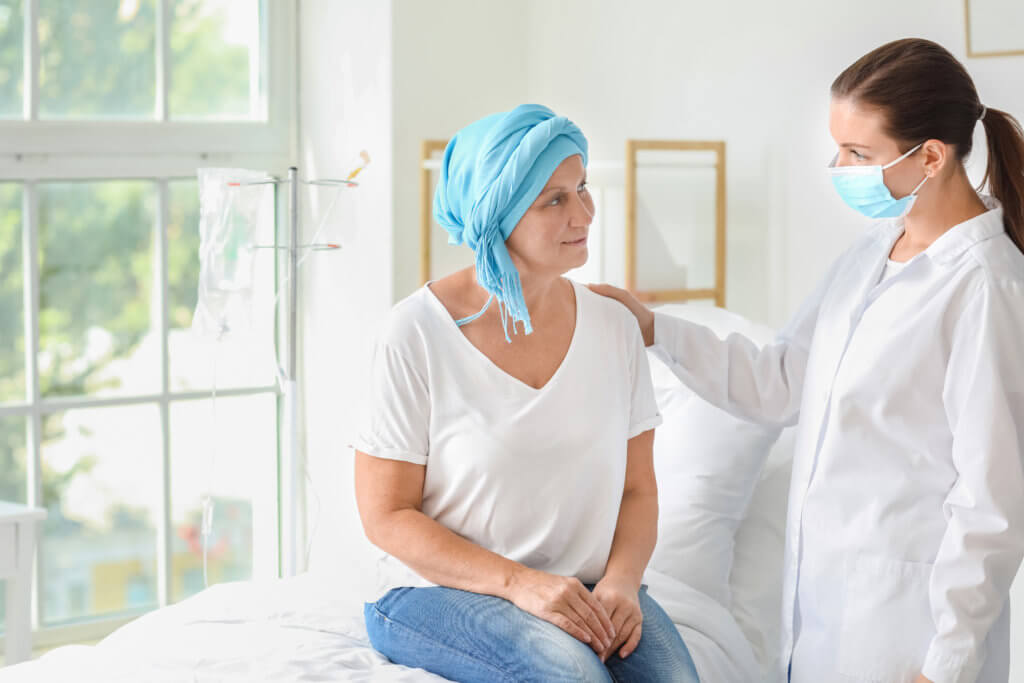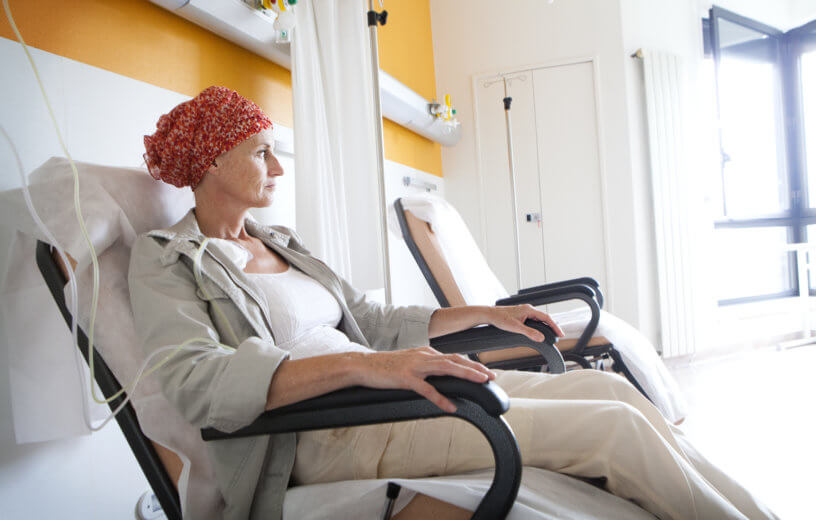MILWAUKEE, Wis. — Does undergoing chemotherapy to cure cancer mean you’ll age faster? A study conducted by researchers from the Medical College of Wisconsin (MCW) and leading cancer centers across the nation has explored the impact of cancer and its treatments on aging. Using innovative measures of epigenetic aging, the team discovered that older breast cancer survivors, especially those who underwent chemotherapy, exhibited greater epigenetic aging compared to their peers without cancer. This accelerated aging process may have implications for their outcomes and quality of life.
Epigenetic aging provides a way to assess the underlying aging process and could serve as a valuable tool in identifying cancer survivors at a higher risk for negative outcomes and diminished quality of life. Drawing from data collected in the Thinking and Living with Cancer (TLC) cohort, researchers evaluated the biological aging of participants at two different time points, spanning 24 to 60 months after enrollment. The study included individuals between the ages of 62 and 84, with most survivors having early-stage breast cancer, and approximately one-third (32.6%) receiving chemotherapy.
The results revealed that cancer survivors exhibited higher levels of biological aging compared to the control group, persisting even up to 60 months after enrollment. Notably, survivors who underwent chemotherapy displayed the most significant differences, and among this subgroup, women with accelerated epigenetic aging reported poorer cognitive function.

“These findings can have important implications for future research, as they highlight the potential of biological aging markers as clinical tools to identify cancer survivors at higher risk of adverse outcomes. This knowledge can help us intervene to prevent or slow down functional declines and improve quality of life after cancer treatment,” explains Dr. Kelly Rentscher, assistant professor in the Department of Psychiatry and Behavioral Medicine at MCW and lead author of the study, in a media release.
“Our results support the idea that certain cancer treatments, particularly chemotherapy, may contribute to accelerated aging at a biological level,” notes Dr. Judith Carroll, senior co-author of the study and director of the Aging Biology and Behavior Laboratory at UCLA’s Norman Cousins Center for Psychoneuroimmunology.
Dr. Jeanne Mandelblatt, senior co-author of the study and director of the Institute for Cancer and Aging at Georgetown University’s Lombardi Comprehensive Cancer Center, emphasized the importance of these findings for personalized care and geriatric assessments.
“Differences in biological age and resilience to the effects of cancer therapy are not always evident clinically and can vary widely, even among individuals of the same chronological age. Measures like epigenetic age could provide a valuable component in providing comprehensive care and conducting geriatric assessments,” Mandelblatt concludes.
The study is published in the journal Cancer.


Yes, it is. I have aged about 30 years during and after chemotherapy treatment. I’ve been saying to the people around and they’ve trying to make me feel I’m imaging things. I know my body. I have always looked 20 years younger than my actual age. Now, I look like I’m 80 years old.
Yes, it is. I have aged about 30 years during and after chemotherapy treatment. I’ve been saying it to the people around me and they’re trying to make me feel I’m imaging things. I know my body. I have always looked 20 years younger than my actual age. Now, I look like I’m 80 years old. I’m grateful to be alive, but I can’t get used to looking older than what I am or moving around and being sick all the time like I’m 85. Chemotherapy is a blessing and a curse in one.